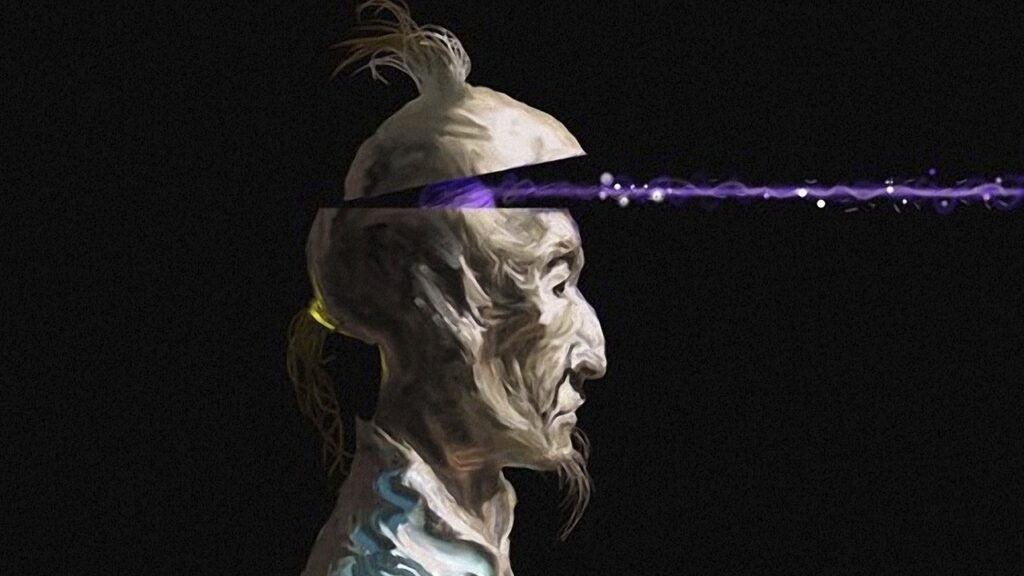
The neurobiology of resilience – Professor David Peters
Neuroscience makes possible a new understanding of human nature. The practice of medicine is particularly stressful, and neuroscience helps explain why this is the case. When work is demanding and recovery poor, persistent stress begins to distort our view of ourselves, our patients, and our working world. Empathic doctors are safer, more effective and happier in their work, yet empathy fades as stress levels rise and this fuels the journey
into ‘burnout’. If an unrelenting flight-or-fight mode makes us cognitively slower, less able to be empathic and communicative, family medicine turns into an over-whelming uphill struggle. Can this downward spiral be reversed? Resilience varies over time, depending on the balance of positive and negative influences; many of these needs being determined by our evolutionary heritage. A better grasp of current ideas about the interpersonal neurobiology of stress, emotion, social engagement and empathy can help us make sense of our predicament and find ways to embark on personal, organisational and cultural change. In challenging and stressful circumstances, if we can cultivate self-care and self-awareness, core values, and especially the ability to self-soothe, we may give ourselves a
better chance to flourish both individually and as a profession.
Professor David Peters
Director, Westminster Centre for Resilience, Faculty of Science and Technology, University of Westminster,
London
Email: [email protected]
